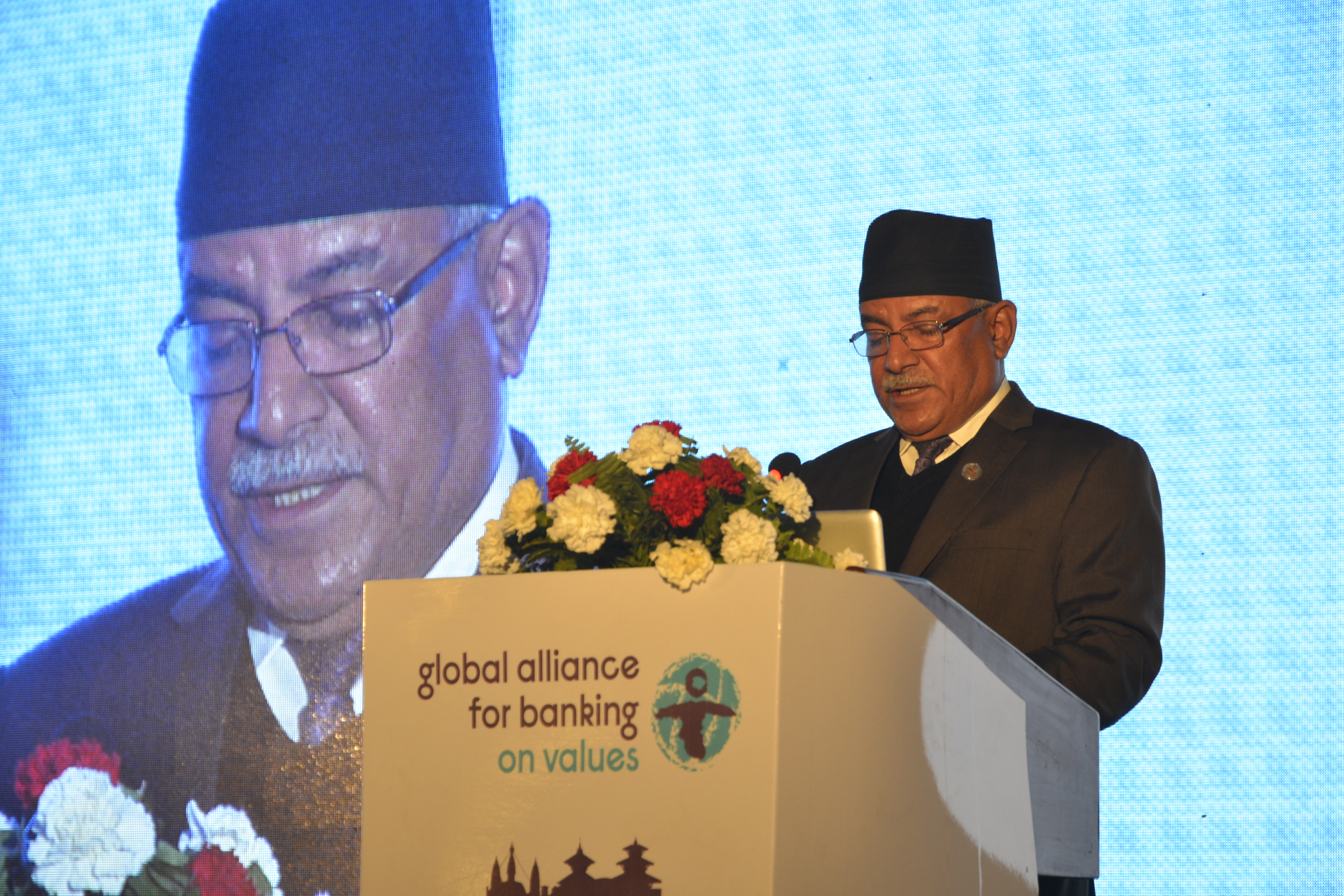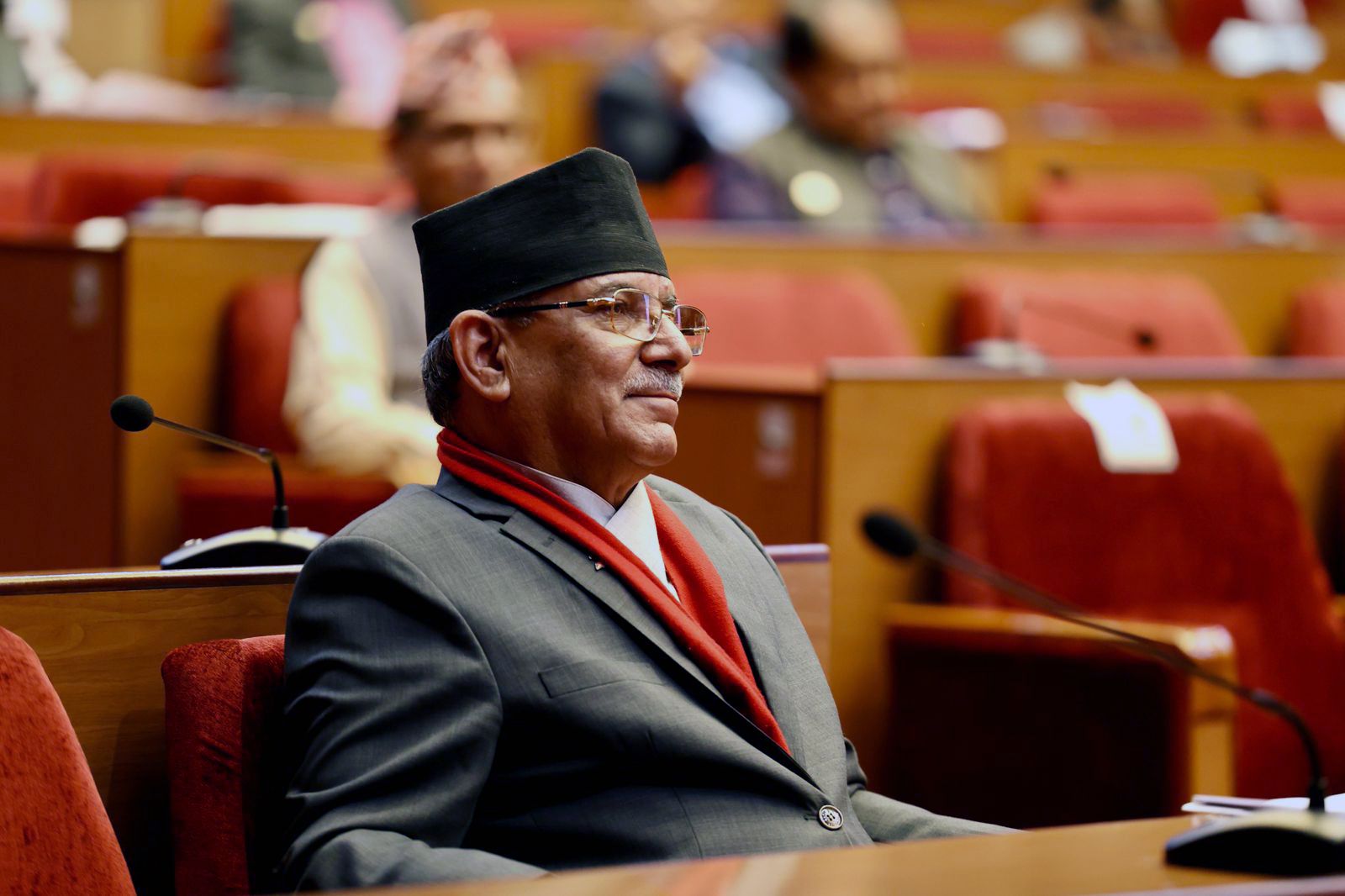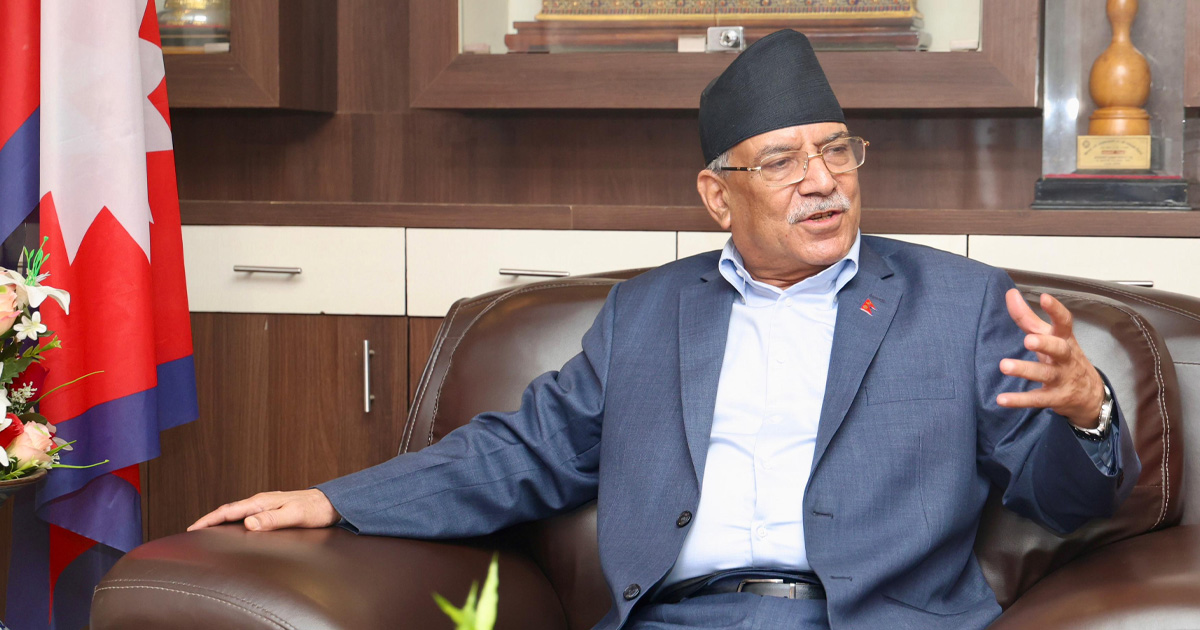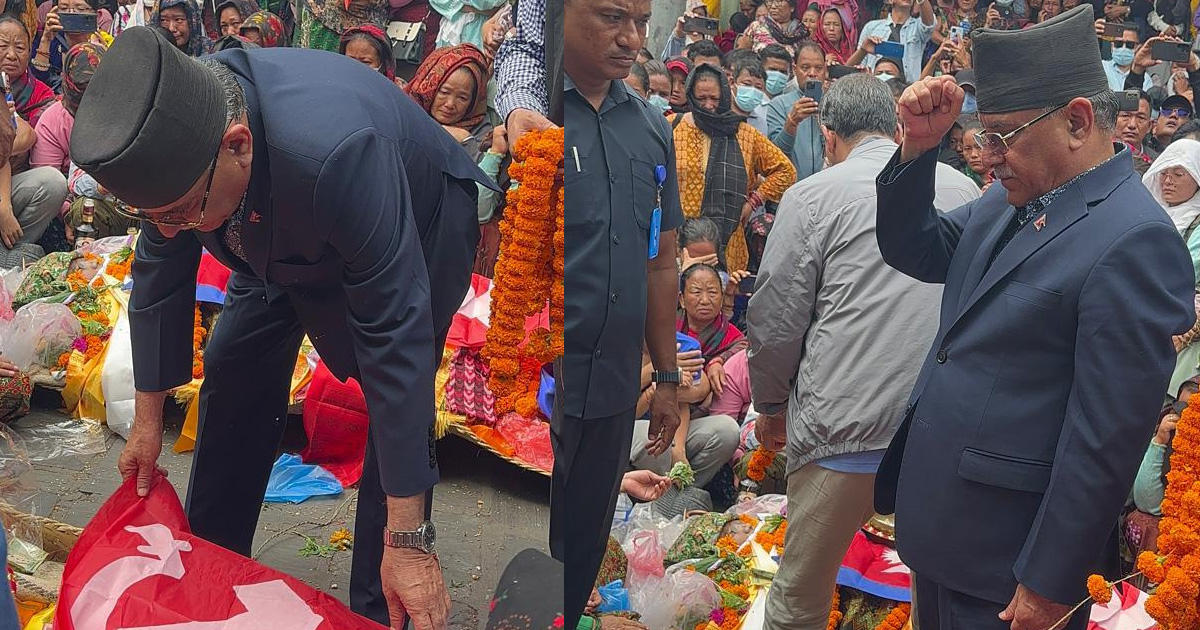Honourable Members of Parliament
Governor of Nepal Rastra Bank
Excellencies
CEO’s of GABV member organizations
Delegates from all over the world
Senior Government Officials of Nepal Government
Chairmen of Banks in Nepal
Friends from the Private sector
Friends from media
Ladies and gentlemen
It is a great honour and privilege for me to address this annual conference of the Global Alliance for Banking on Values (GABV) here in Kathmandu.
I am happy to note that this is one of the largest gatherings of CEOs and Senior Executives from more than 40 Banks and financial institutions represented from across the world.
I take this opportunity, at the outset, to extend my sincere thanks to the organizer GAVB and the co-organizer NMB Bank Nepal for the kind invitation.
The theme of this conference “Shifting the Financial Paradigm – Courage to Act Together” itself emphasizes less on profit but more on people and community, good governance, accountability, transparency, corporate social responsibility, accessibility of grass-root people to banking services, and sustainable banking with ethics.
Banks and financial institutions or BFIs are the lifeline for capital formation, lifeline of lifeline of economic development and eventually lifeline of progress and prosperity.
In addition, BFIs play a crucial role in leveraging financial resources and help uplifting the living standard of people. Therefore, access to value based banking system must be treated with priority.
We all acknowledge that value-based banking through fair money and capital markets helps flourish businesses, industries and entrepreneurships in an economy.
Ladies and gentleman,
Since the 1990s, Nepal adopted liberalized economic policies that resulted in expansion of banks and financial institutions in the country.
While undergoing liberalization drive, financial sector reforms were the major reforms in the first phase of economic reforms. Those reforms successfully re-engineered the central bank and restructured two government-owned banks, they are Nepal Bank Limited and Rastriya Banijya Bank.
Currently, we are in the second phase of reforms aiming at reforming banking laws, making financial system inclusive, accessible and based on values. Recently we enacted Banks and Financial Institutions Act (BAFIA).
As the theme of this conference focuses on value-based banking, unlike in developed economies, this is a recent phenomenon for us and we are at the early stage of espousing this idea in the banking sector of Nepal.
Ladies and gentleman,
Banking and financial institutions have enormous responsibility for generating desirable economic growth, particularly for promoting industrial growth. In this regard, the role of value-based banking remains even more critical.
Equally important is the issue of making our banking sector sustainable. Sustainable banking helps the economy add value and generate employment which is essential for the overall development of the country. Most importantly, sustainable banking necessitates, among others, mobilizing long-term loans in the productive sector.
In this context, the principles of sustainable banking as adopted by Global Alliance for Banking on Values become highly relevant for the banking system in the country like Nepal.
Let me urge all the Banking Leaders and other stakeholders in the country to focus on investing in the productive sector of economy while adhering to those banking principles.
It is well-known that investment in productive sector would help generate employment which would then contribute to reduce poverty in the long run.
Likewise, investment in productive sector would also have multiple impacts in terms of developing local skills, generating income and preventing people from current mass out-migration. This would in turn enable people to gain access to better health and education while improving the country’s overall Human Development Index.
Ladies and gentleman,
Transforming Nepal from the current underdeveloped status to developing country status by 2022 and middle income country status by 2030 would undoubtedly require huge investment in infrastructure.
Nepal is looking for significant investments in power, transport and tourism sectors. We need more of international standard infrastructures. But we lack much-needed resources to this end.
One of the major resources we have is human resources. But our young people continue to leave the country in search of job opportunities abroad. Though we have been receiving remittances which have helped sustain our economy, it will not be in the long-term interest of our country to send our youth abroad for remittances. Whatever we have been receiving as remittances must be utilized for productive use.
Likewise, our huge natural resources remain untapped. We therefore need to start international standard mega infrastructure projects in Nepal. Our youth should get jobs at home; and we need to fully exploit natural resources that we are endowed with to transform the development landscape of this country.
We understand that changing the Banking model to Value-Based would gradually result in greater value addition and employment generation in the country. In this process, the long-term impact would be enormous, and everyone in the country will be able to benefit.
Not only in banking sector, Government of Nepal urges all other sectors as well to adopt value system at the core of their business. We need to drive all players of the economy including banks to deploy their resources for the good of their countries.
Furthermore, there are some other areas where Banks can promote sustainable businesses.
Agriculture, tourism, manufacturing from small and medium industries, big industries, energy, mines and minerals, transportation and airlines services, information and communications are prospective sectors in Nepali economy waiting for valued-based investment.
Ladies and gentleman,
The Government through central bank is gradually implementing various tools to encourage investment in productive sectors.
The Government is fully committed to develop the real sector and therefore would make utmost efforts towards building enabling environment for its development.
In the two recent mega events that were successfully convened- Nepal Infrastructure Summit and Nepal Investment Summit, the Government, the opposition and other political parties as well as private sectors show their full commitment to make conducive environment for investment in Nepal. I believe, value-based banking has more to do with this.
It is my expectation that this conference would deliberate in a way to make the banking system more responsible towards the needs of people and community as part of their corporate social responsibility.
I am also hopeful that this conference will encourage fruitful interactions among participants so that everyone attending the program today will be able to return with the understanding and conviction of long-term implications of Value-Based Banking, not only for the Banking system per se but also for the economy at large.
Likewise, I am confident that this conference will be able to identify risks and challenges of value-based banking and also come up with a set of recommendations to improve the current situation of banking.
I extend NMB Bank and the Global Alliance for Banking on Values my best wishes for the success of the conference.
Finally, I wish all delegates a pleasant stay in Nepal and hope that you all would carry wonderful experiences and memories back home.
I thank you all.
Dhanyabad!
 क. प्रचण्ड
क. प्रचण्ड






